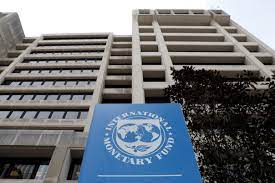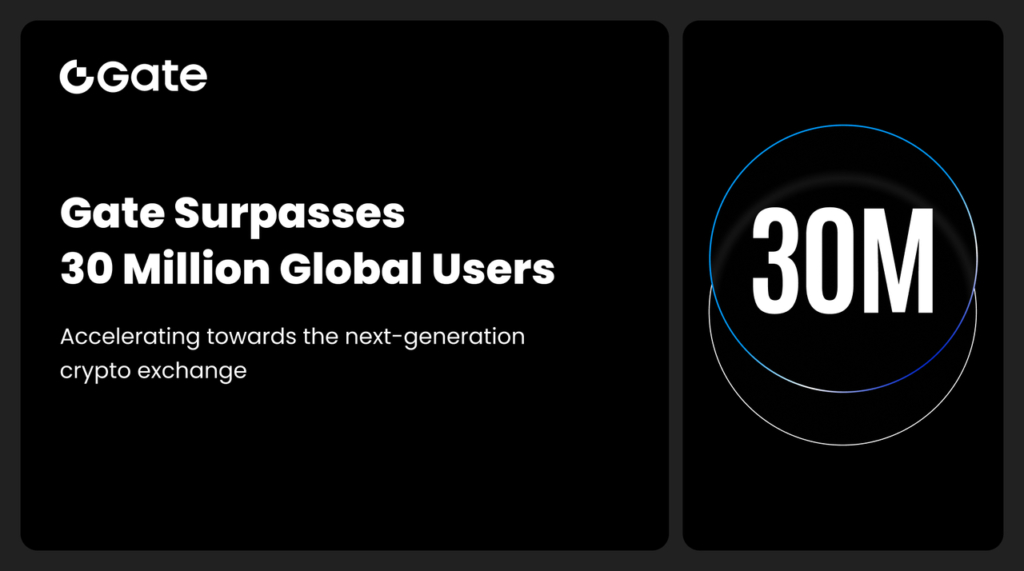A recent study by the International Monetary Fund (IMF) has found that a central bank digital currency (CBDC) may have unintended impacts on the Islamic banking system, particularly in the areas of liquidity management and bank disintermediation.
The study reveals that while CBDCs may not be designed to impact monetary policy, their introduction can increase money velocity, volatility of bank reserves, currency substitution, and altered capital flows.
The Islamic financial system accounts for less than 2% of global finance but is present in 34 countries and systemically important in 15 jurisdictions. While only two countries, Iran and Sudan, have fully Islamic banking systems, ten countries with an Islamic financial presence, including Iran, are currently considering CBDCs.
However, CBDC design is complicated by prohibitions in Islamic law on usury and speculation. Conventional mechanisms of liquidity management based on interest are not permissible for Islamic banks.
The prohibition on speculation also implies that CBDC cannot be used for foreign exchange derivatives transactions.
Infrastructure for Islamic banking is lacking in many countries, resulting in Islamic banks holding an excess of cash. Because neither deposits in Islamic finance banks nor a halal (Islamic law compliant) CBDC would pay interest, the risk of bank disintermediation is increased.
The reaction to cryptocurrency in the Islamic world has not been uniform, with some countries experiencing rapid growth of crypto adoption while others have stagnated. Opinions vary even among Islamic scholars.



